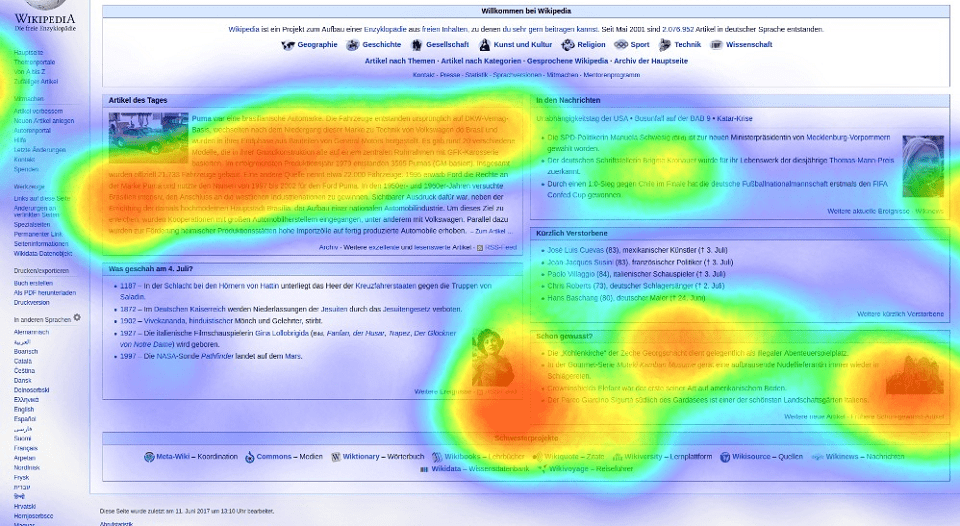Ah Millennials. So much has been written about them.
- “They are self-absorbed.”
- “They don’t have the work ethic of previous generations.”
- “They are happy to change jobs every 2 years or so.”
- “They are not into buying homes, taking on mortgages ,or valuing a ‘settled’ lifestyle.”
- “They demand much from their employers in terms of benefits.”
- “They want flexible workspaces and environments.”
- “They want to be judged by what they accomplish not by the number of hours they put in on the job.”
While older generations are quick to condemn preferred Millennial lifestyles and work ethic, it’s time for us all to take on a little more perspective.
Growing Up Millennial
Pew Research defines the Millennial generation as individuals between ages 22-and-37.
Sometimes they are referred to as the “C” generation, because they are the first to grow up with devices that connect them to the world and to each other. Millennials’ lives are much more impacted by technology than prior generations.
While growing up, Millennials were exposed in real-time to 9/11 and other terrorist attacks, and witnessed a financial crisis of major proportions.
Earlier generations only heard about these kinds of events after the fact. Connected Millennials had a never-ending stream of information, opinions, and predictions of doom. This significantly colored their views of the world and reality, both psychologically and socially.
Millennials also graduated from college with mounds of student loan debt – something previous generations did not have.
Even worse, many had to take jobs outside of their chosen career fields, for much lower-than-expected pay, because unemployment was sky high when they graduated.
What did this all result in? A large number of Millennials were force to move back home with parents, putting off marriage and home ownership and other responsibilities. And as we can all observe, older generations like to “scold” these kids for such choices without considering why they are making them in the first place.
A Coming of Age in Consumerism
Given their unique perspective on life, Millennials (who now control more than $200 billion in buying power) share demands and behaviors that previous generations did not.
Businesses that want to capture a good market share of this buying power would do well to honor these new needs and wants.
Millennials Want to Feel Good About What They Purchase
Feeling good about a purchase is so much more than simply “loving” some item that they bought Millennials want to feel good about the brands they do business with. They want to buy from environmentally and socially responsible companies.
Businesses that respect the environment and promote sustainability have an upper hand when selling to Millennials.
West Paw Design is such a company. It produces environmentally-friendly pet supplies, using reclaimed cotton, organic hemp, and recycled polyester.
WPD also uses recycled paper and soy-based ink in its packaging. Even more impressive, the company pays its employees to volunteer on community-based projects.
Companies that give back are also reaping the benefits of millennial purchasing power. Toms Shoes donates a pair of shoes to a needy child for every pair purchased, and has become involved in prenatal care and eye care in under-developed countries.
If a business wants a reputation-killer, all it has to do is ignore complaints or issues posted to social media.
Millennials are much more inclined to share their buying experiences than other generations.
Here are three things that businesses must do if they intend to keep millennial consumers on board:
- Set up social monitoring alerts, to inform them when their brand is mentioned on the web.
- Monitor their social media platforms daily in order to respond to any questions, issues, or complaints.
- Solicit and encourage customers to share their experiences with company products.
ModCloth does a great job of the third suggestion above, featuring photos and stories that come from actual customers.
This is called social proof. Millennials like it.
Even better, Millennials LOVE seeing themselves featured in your company’s social media feeds.
Also consider offering discounts for customers who share their purchases (and especially if they also opt to highlight their satisfaction) with their own tribes on social media.
Millennials Don’t Care Much About Brand Loyalty
Millennials are more than willing to buy from companies they don’t know, if those companies can woo them properly. This means finding ways to show them how your product or service can meet their needs and wants.
The smart marketers are focused on promoting their company’s dedication to sustainability and giving back, but also creating reasons for customers to return.
They’re also privy to the fact that Millennials like personal connections, while still being keen to things like special offers and discounts (Who doesn’t like saving money, right?).
If you want to connect well with Millennials, start by proactively asking for their feedback and comments. They want to be heard and appreciated, and this is one easy way to deliver on that desire.
The Millennial Generation Values Experiences Over Consumerism
Millennials are willing to spend money on great experiences, as opposed to accumulation of “things.”
They will buy more disposable items rather than products that are long-lasting, regardless of what their parents and grandparents taught them.
Millennials place very little value on low-use luxury items such as crystal stemware or sterling silver flatware. They will, however, value a trip to a new place.
With this in mind, businesses should provide experiences along with the products they sell. Aligning with this idea, many marketers have begun adopting new strategies via augmented and virtual reality.
AR and VR have become major trends in marketing, along with other interactive experiences, such as holding special events and meet-ups in physical places. If you really want to keep Millennials engaged with your brand, put forth conscious effort to encourage and support interaction between customers. With this audience, it is sure to pay off.
Peers Offer Them the Highest Value When It Comes To Endorsements
One thing is certain about Millennials — they loathe intrusive marketing such as direct advertising and hard sells. Millennials would rather hear about products and services from their peers, as opposed to the company whose only objective is to take their money.
When Millennials are considering a purchase, they may openly ask about others’ experiences on social media. They don’t have much confidence nor trust in company-published testimonials.
Businesses like the WowGrade.com writing service, for example, rely heavily on customer feedback and sharing on social media. They openly solicit customer feedback on their social channels.
In face, WowGrade works to motivate customers with special offers, in return for customers sharing their positive experiences with their online communities. This type of customer-focused marketing provides the authenticity that Millennials demand.
Millennials Enjoy to Consume Content with No Purpose
Companies need to get over the assumption that all of their content and posts must have a promotional or other business purpose.
Millennials enjoy content that entertains them. In fact, that is one of the main reasons why Millennials spend so much time on social media.
Don’t agonize about providing value with every post. Sometimes, focus on creating something funny and totally unrelated to your products or services.
Instead, think about crafting amusing videos, re-posting humorous content from elsewhere, and just having a little fun.
Summary
Millennials have certainly changed the marketing landscape. They have demands and purchasing behaviors that have caused businesses to re-think and re-design their marketing strategies.
Any company that wants its share of the millennial marketplace will listen to what they want – authenticity, relationships, connections, environmental and social responsibility, experiences, and sometimes, just plain fun.
Feature Image Credit: CC 0; Public Domain. Feature image sourced from Flickr.
Disclaimer: The views and opinions stated in this post are that of the author, and Return On Now may or may not agree with any or all of the commentary.
Jerry Rhodes
Latest posts by Jerry Rhodes (see all)
- How Millennials Continue to Change B2C Marketing - January 22, 2019





